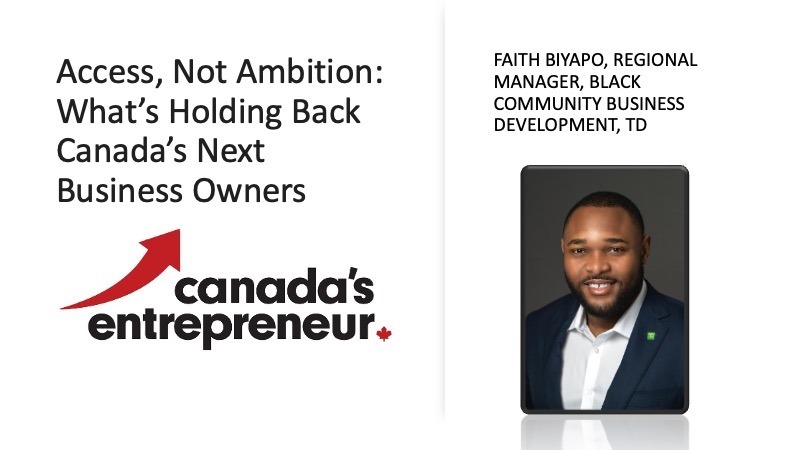A startling new report by global talent solutions firm Robert Walters reveals that the majority of professionals are leaving their jobs not over pay—but because of poor leadership.
According to the firm’s Top Talent Trends in Recruitment 2025 report, 63% of professionals say a lack of connection with management was one of the leading reasons they left a previous employer. Even more—68%—pointed to “empty promises” from leadership as the final straw.
The findings put a spotlight on what Robert Walters calls the need for “Human-centric Leadership” as a defining feature of successful organizations in 2025 and beyond.
“In today’s rapidly evolving workplace, leadership success will be easier to achieve when leaders put people first – more so now than ever as professionals fear the role of AI and whether it will be considered as a job replacement,” says Gerrit Bouckaert, CEO of Robert Walters Recruitment.

Gerrit Bouckaert
“We will always need people in the workplace. And much like you would invest in your technology with R&D and improvements, the same goes for your people.
“Business leaders that foster psychological safety, flexibility, and continuous learning will build stronger, more engaged teams – and ultimately, a more successful business,” he adds.
Transactional Leadership Erodes Engagement
One of the report’s standout insights is the negative impact of transactional leadership—where leaders only communicate when they need something. A full 62% of respondents say this style of leadership leaves them disengaged.
Moreover, 71% say they can detect insincerity in their leaders’ optimism, often describing it as “forced enthusiasm.”
“Leaders who fail to engage personally with their teams not only risk losing loyalty, but also some valuable insight on the company and ideas for improvement or future growth,” Bouckaert warns.
Inauthentic Leadership Driving Disengagement
When asked to define poor or inauthentic leadership, employees didn’t hold back:
Lack of Transparency (72%) – withholding information or not explaining decisions damages trust.
Inconsistency (66%) – saying one thing and doing another undermines credibility.
Avoiding Accountability (44%) – refusing to own mistakes breeds a blame culture.
Ignoring Employee Wellbeing (30%) – prioritizing profit over people creates toxicity.
Micromanagement (28%) – stifles innovation and motivation.
Playing Favourites (22%) – breeds resentment and disconnection.
The Human-Centric Route to Success
The business case for a people-first approach is compelling. According to the report, companies with a human-centric focus are 1.5 times more likely to retain high performers—and 2.6 times more likely to hit their business objectives.
Bouckaert outlines several steps for organizations to shift toward a more people-oriented leadership style:
Offer Coaching and Development: “Leaders should receive coaching on the principles of human-centric leadership—including empathy, emotional intelligence, leading with authenticity, active listening, and inclusivity. If you don’t have this expertise in-house, consider outsourcing coaching and development programs.”
Deliver Clear Communication: “Open, transparent and regular communication is key in a human-centric approach. Companies should build an environment where ideas are freely shared and valued, and where constructive feedback is encouraged. Simple things such as open Q&A’s to the office floor or having an open-door policy for questions – be it in-person or via email.”
Don’t Forget About Culture: “Shifting to a human-centric approach may require a significant change in company culture. This may involve redefining company values, rethinking performance metrics and revamping reward systems to align with human-centric principles.”
Engage Your Employees: “Organizations should focus on understanding the needs of their employees to develop strategies to increase employee engagement. This could involve creating more opportunities for collaboration, promoting work-life balance and implementing recognition and reward systems.”
With over 3,200 employees in 31 countries, Robert Walters continues to be a global leader in recruitment and talent solutions, emphasizing the growing importance of leadership that listens, supports and truly connects with people.

Mario Toneguzzi
Mario Toneguzzi is Managing Editor of Canada’s Entrepreneur. He has more than 40 years of experience as a daily newspaper writer, columnist, and editor. He was named in 2021 and 2024 as one of the top business journalists in the world by PR News. He was also named by RETHINK to its global list of Top Retail Experts 2024 and 2025.
About Us
Canada’s Entrepreneur is the number one community media platform in Canada for entrepreneurs and business owners. Established in 2016, our podcast team has interviewed over 800 Canadian entrepreneurs from coast-to-coast. With hosts in each province, entrepreneurs have a local and national format to tell their stories, talk about their journey and provide inspiration for anyone starting their entrepreneurial journey and well- established founders.
The commitment to a grass roots approach has built a loyal audience on all our social channels and YouTube – 500,000+ lifetime YouTube views, 250,000 + audio downloads, 50,000 + average monthly social impressions, 15,000 + engaged social followers and 120,000 newsletter subscribers. Canada’s Entrepreneur is proud to provide a local, national and international presence for Canadian entrepreneurs to build their brand and tell their story





